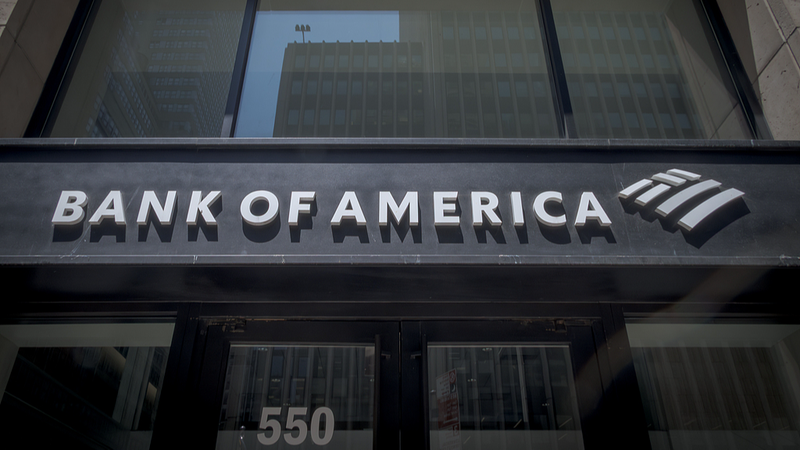Mounting anxiety over U.S. trade policies and fiscal sustainability is driving institutional investors worldwide to rebalance portfolios, with many redirecting capital to markets outside America, according to a Financial Times report. Analysts cite erratic trade measures and ballooning deficits as key catalysts for the trend, marking a historic departure from long-standing confidence in U.S. markets.
Data from the Congressional Budget Office reveals that tax reforms introduced under the Trump administration could slash federal revenues by $3.7 trillion while expanding deficits by $2.4 trillion over the next decade. This fiscal strain, coupled with trade policy volatility, has weakened the U.S. dollar and dampened market performance, prompting investors to seek alternatives.
Bank of America’s recent Global Fund Manager Survey underscores the shift, showing U.S. asset allocations at 20-year lows. AllianceBernstein, managing $800 billion in assets, warned that the U.S. fiscal trajectory is “unsustainable,” while Neuberger Berman reported 65% of its 2024 private equity investments flowed to Europe—a sharp rise from previous years. Canada’s CDPQ pension fund also plans to reduce its 40% U.S. portfolio exposure to mitigate risks.
Schroders analysts observed early signs of this reallocation, noting that investors are increasingly questioning “American exceptionalism” as geopolitical and economic uncertainties reshape global strategies. The moves highlight a broader recalibration as institutions prioritize diversification and policy stability.
Reference(s):
cgtn.com








